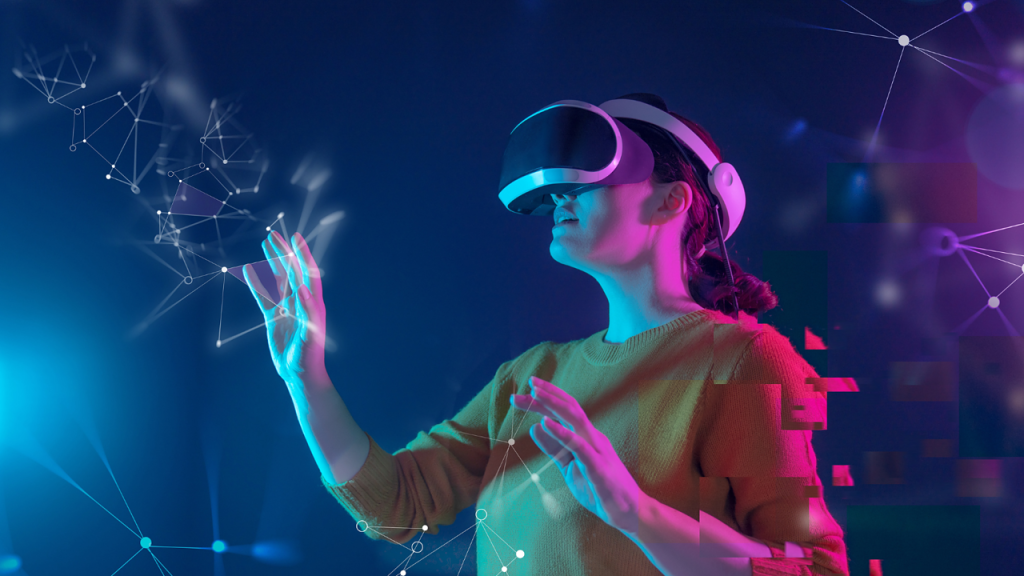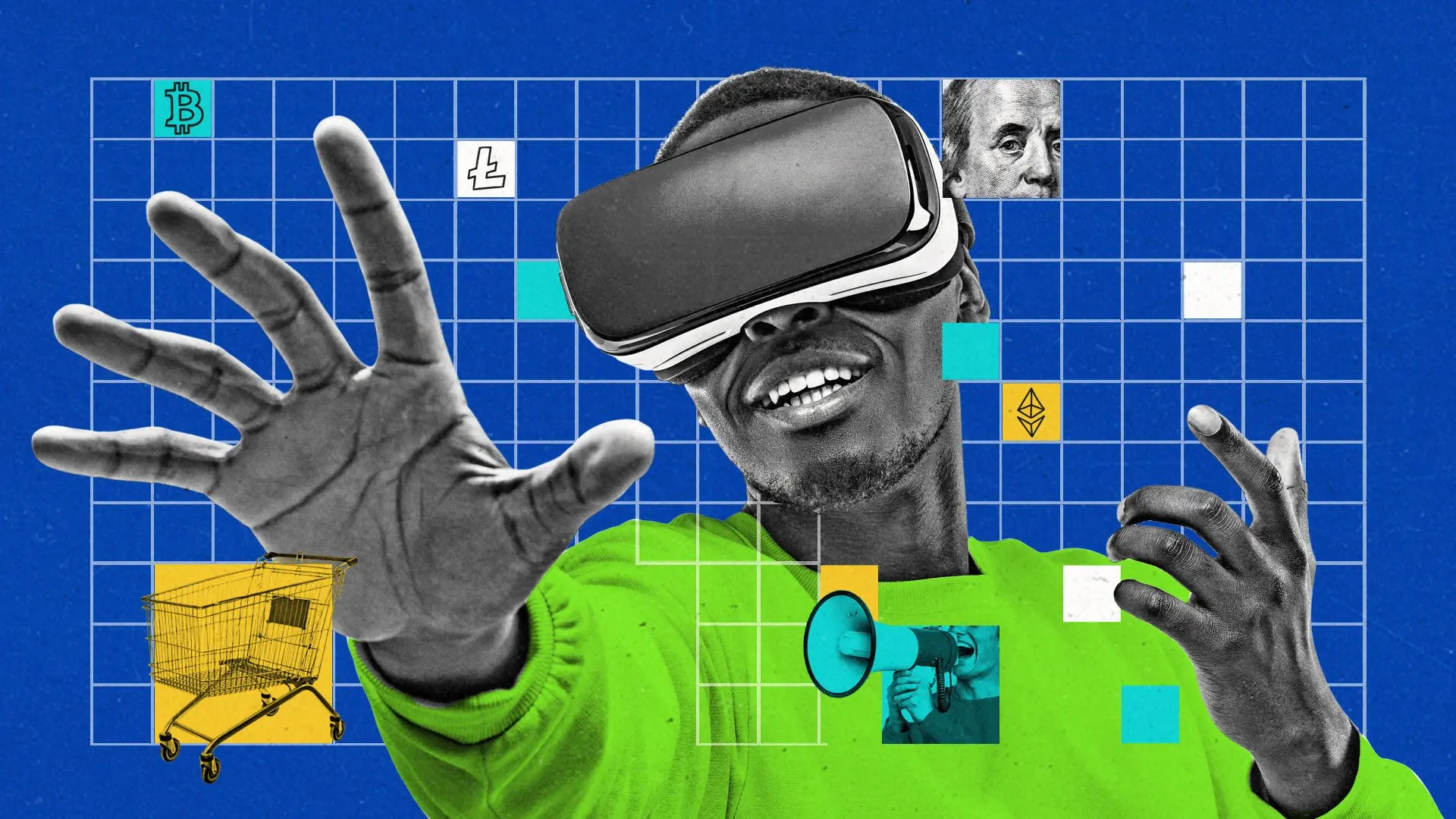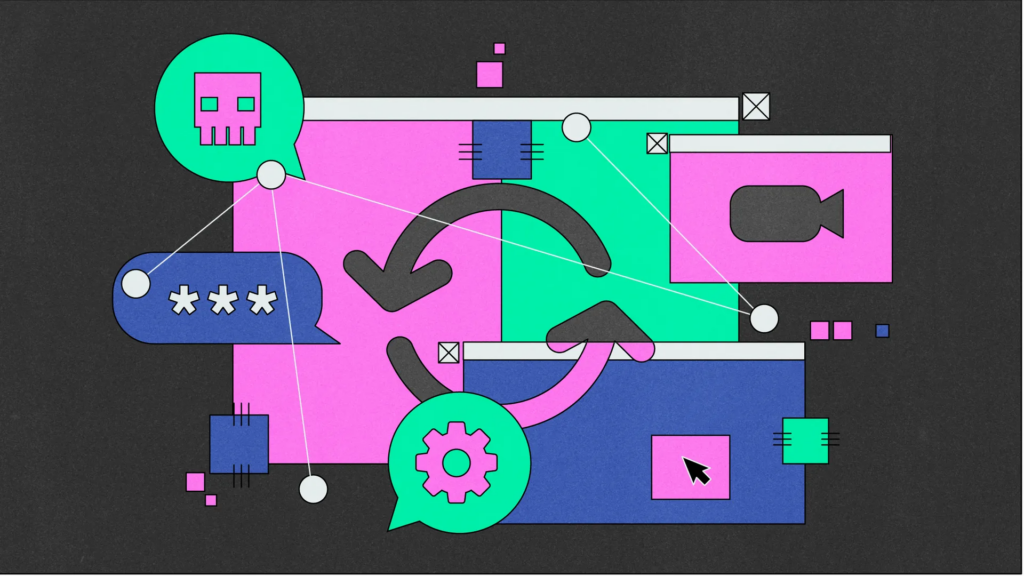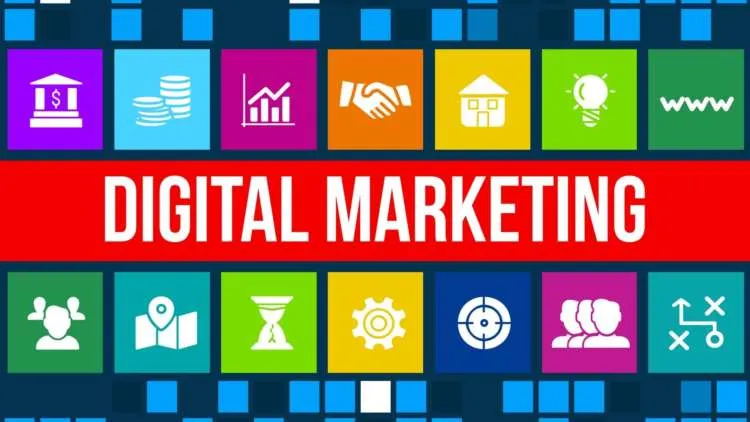In recent years, the world has witnessed an unprecedented leap in technological advancements, catapulting us into a new era of connectivity and digital experiences. Among the emerging trends, the concept of the “Metaverse” has garnered significant attention, promising to revolutionize how we interact, work, and play in the virtual realm. In this blog post, we will explore the Metaverse, its potential applications, and its impact on society.
What is the Metaverse?
The Metaverse is a collective virtual space that encompasses augmented reality (AR), virtual reality (VR), and the internet. It is an immersive digital environment where users can engage with a persistent virtual universe, blurring the lines between the real and digital worlds. Companies like Facebook (now Meta), Epic Games, and others are investing heavily in creating this shared, interconnected digital realm, envisioning it as the next evolution of the internet.
The Rise of Virtual Reality and Augmented Reality:
VR and AR technologies have come a long way, transcending the realms of gaming and entertainment. From training simulations and architectural visualization to remote collaboration and telemedicine, VR and AR have found diverse applications across various industries. The Metaverse seeks to integrate these technologies seamlessly, providing a more comprehensive and engaging user experience.
Impact on Communication and Social Interaction:
The Metaverse holds the potential to transform the way we communicate and interact with others. Instead of static video calls, we could attend virtual meetings in lifelike environments, making remote collaboration more immersive and productive. Socializing could extend beyond mere text-based conversations, allowing us to interact with friends and family as if we were physically present.
Opportunities for Business and Economy:
As the Metaverse becomes more mainstream, it will undoubtedly create new economic opportunities. Brands and businesses can establish a presence in this digital realm, enabling novel ways to showcase products, conduct marketing campaigns, and engage with customers. Digital marketplaces and virtual real estate are already becoming popular in the Metaverse, presenting exciting prospects for entrepreneurs and investors.
Addressing Ethical and Privacy Concerns:
While the Metaverse offers thrilling possibilities, it also raises crucial questions concerning user privacy, data security, and digital ownership. As we immerse ourselves deeper into this interconnected world, it becomes imperative to establish robust regulations and ethical guidelines to protect individuals and their virtual identities.
Overcoming Technical Challenges:
The realization of a seamless Metaverse comes with various technical hurdles, such as network infrastructure, data processing, and device compatibility. Advancements in cloud computing, edge computing, and 5G technologies will play a crucial role in creating a more accessible and interconnected Metaverse.
Conclusion:
The Metaverse represents a paradigm shift in technology, ushering in an era of interconnectedness and digital experiences like never before. While challenges and concerns lie ahead, the potential benefits are vast and enticing. As technology continues to evolve, we must actively participate in shaping the Metaverse to ensure a future that is inclusive, secure, and transformative for generations to come. Embracing this new frontier could lead us to a more interconnected and immersive digital world, making our lives more enriched and exciting than ever before.

Read More : How to avoid pitfalls and navigate the ethical landscape of generative AI
Frequently asked Questions
1. What is the Metaverse?
The Metaverse refers to a virtual reality space where users can interact with a computer-generated environment and other users. It’s often described as a collective virtual shared space that is created by the convergence of virtually enhanced physical reality and physically persistent virtual reality.
2. How do I access the Metaverse?
Access to the metaverse depends on the specific platform or software you’re using. It typically requires a computing device such as a PC, smartphone, or a virtual/augmented reality headset. Software applications are also needed to access particular Metaverse platforms.
3. What can I do in the Metaverse?
In the Metaverse, you can perform a wide range of activities depending on the platform. These can include socializing with others, attending concerts, exploring different worlds, playing games, creating content, learning new skills, shopping, conducting business meetings, and much more.
4. Is the Metaverse safe?
Like any online platform, the Metaverse can have its risks, including cyber attacks, privacy concerns, and exposure to inappropriate content. Many platforms are taking steps to mitigate these issues, but it’s always important to exercise caution, use secure and reliable platforms, and supervise the use of these platforms by minors.
5. Do I need a special equipment to experience the Metaverse?
While many Metaverse platforms can be accessed with standard computing equipment (like a PC or smartphone), some platforms, especially those designed for virtual reality (VR), will require specialized hardware like a VR headset.
6. Is the Metaverse the same as Virtual Reality?
While the Metaverse can include virtual reality, it’s not limited to it. The Metaverse is a broader concept that includes a wide range of virtual experiences, interfaces, and technologies, including augmented reality (AR), 3D graphics, and more.
7. What is the economy in the Metaverse like?
Economic activities in the Metaverse can include selling digital goods or services, real estate, advertising, and more. Some Metaverse platforms have their own currencies or use cryptocurrencies, and blockchain technologies are often used for transactions and to establish ownership of digital assets.
8. Who controls the Metaverse?
Control of the Metaverse is a complex issue. It can be controlled by the entities that own and operate the servers where the digital worlds are hosted. However, many advocates argue for a decentralized Metaverse to ensure it remains open and accessible.
9. Is the Metaverse only for gaming?
No, the Metaverse isn’t just for gaming. While many popular Metaverse platforms started as online multiplayer games, the concept has evolved to include a wide variety of experiences and uses, including social networking, education, work, e-commerce, and more.
10. How will the Metaverse impact the real world?
The impact of the Metaverse on the real world can be significant. It can change how we work, learn, socialize, and entertain ourselves. It could also have economic impacts, creating new industries and jobs. However, it also raises potential concerns about privacy, mental health, and societal changes that we’ll need to navigate.
Metaverse impact of Human lives
- Social Interaction and Connectivity: The metaverse has the potential to revolutionize social interactions by creating immersive and persistent virtual environments. People from all around the world could meet and interact in a shared digital space, transcending geographical boundaries. This increased connectivity could enhance communication, collaboration, and foster a sense of global community.
- Work and Education: The metaverse could transform the way people work and learn. Virtual office spaces and classrooms could facilitate remote collaboration, making it easier for people to work from anywhere and access educational resources without physical limitations. This might lead to more flexible work arrangements and opportunities for lifelong learning.
- Entertainment and Gaming: The metaverse would offer immersive and interactive entertainment experiences. Video games and virtual experiences could become more realistic and engaging, blurring the line between real-life and digital entertainment. Users might also be able to participate in shared experiences, events, and concerts.
- Economy and Commerce: The metaverse could create new economic opportunities. Virtual goods, services, and property might be bought and sold within the digital space, creating a virtual economy. Businesses could establish virtual storefronts and advertising spaces, opening up new revenue streams.
- Privacy and Security: As more aspects of life move into the digital realm, privacy and security concerns might increase. Ensuring data protection and preventing misuse of personal information would be crucial to maintain user trust and safety within the metaverse.
- Mental and Physical Health: The impact on mental and physical health could be varied. On one hand, the metaverse might offer opportunities for virtual therapy, relaxation, and socialization for people with limited physical mobility or social anxiety. On the other hand, excessive usage or addiction to virtual experiences could lead to negative consequences, such as decreased physical activity and increased isolation.
- Regulation and Governance: The development of the metaverse could raise questions about regulation and governance. Issues like intellectual property rights, content moderation, and ensuring a fair and safe virtual environment would need to be addressed to prevent misuse and abuse.
- Inclusivity and Accessibility: The metaverse should be designed with inclusivity in mind, ensuring that people with disabilities can fully participate and enjoy the digital experiences. It should not create new barriers or exacerbate existing inequalities.
It’s important to remember that the metaverse is still a concept in development, and its actual impact on human lives will depend on how it evolves and is implemented. As technology progresses, we will likely see new challenges and opportunities emerge that could shape our understanding of the metaverse’s impact on society.





